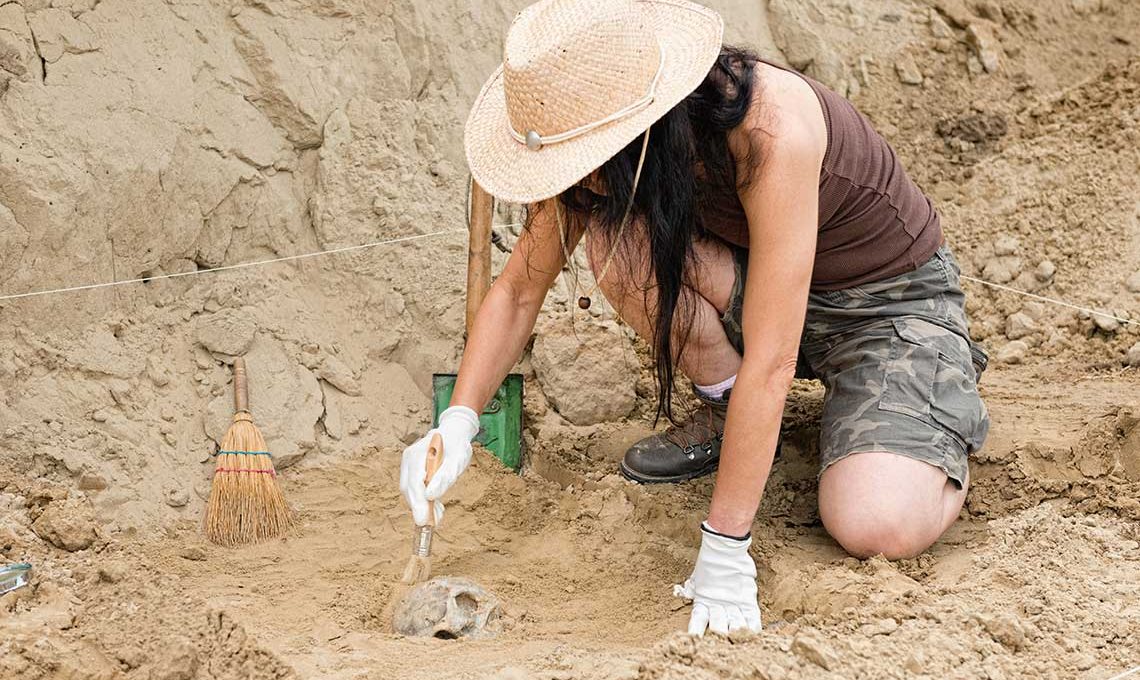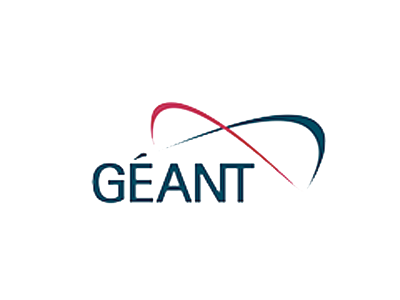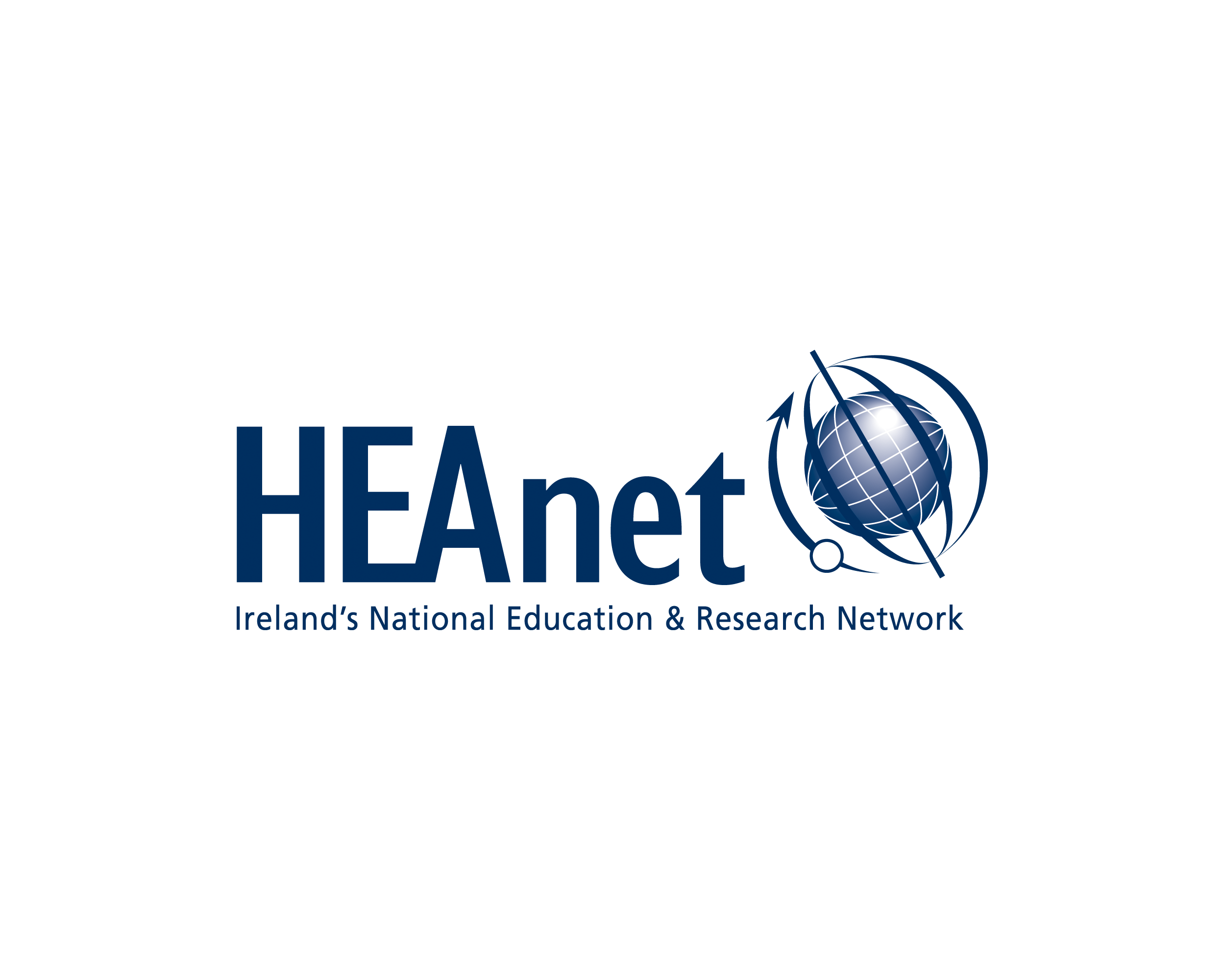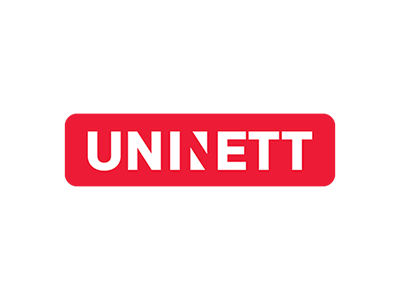
Ensuring scientists and researchers get their data where it needs to be
Researchers at La Trobe University, Australia, collaborate with colleagues conducting fieldwork at archeological sites across Africa. Genomics data analysed at the National Computational Infrastructure computer cluster in Canberra, Australia, is shared with over 50 research projects across the globe.
Today’s research is increasingly data intensive and more often than not international. Collaborating across borders helps researchers make discoveries more quickly and develop solutions to some of the challenges we face as a globe.
But getting data to where it needs to be — receiving it from a field site for analysis, or sharing with international colleagues — can be disruptive. Email means restricted file sizes and sending data using external storage is slow and risky.
In response, the research and education community, led by the NRENs AARNet (Australia), HEAnet (Ireland) and UNINETT (Norway), developed FileSender, a service designed for scientists and researchers to securely share very large files with anyone.
FileSender is provided by over 50 organisations globally and used by researchers in over 36 countries to share and move data, and ultimately reach their findings faster. (In Australia, the FileSender software operates as the file sending component of CloudStor, AARNet’s large file sharing and storage service for researchers.)
A home for sustainable R+E software development
Now, FileSender is benefiting from a not-for-profit foundation established in the Netherlands to support technology efforts that are in the public interest.
The Commons Conservancy provides projects with a shared legal infrastructure and a lightweight and flexible governance, at no cost.
Michiel Leenaars, Chairman of The Commons Conservancy, says a guiding principle is to minimise bureaucracy and organisational overhead for projects so they can focus on delivering better results.
“A lot of useful projects become in a way a victim of their own success, once they arrive at the stage where they need to scale up in terms of governance and funding.
“The Commons Conservancy aims to provide a scalable and reusable infrastructure that delivers what most projects need without delay or investment – built on best practices and experience.”
AARNet’s Guido Aben, one of the original members of the global collaborative team behind the development of FileSender, explains that it was selected for future development within The Commons Conservancy foundation because it needed a more structured environment in order to meet the future needs of the community.
“Since its origins in 2009, FileSender was developed and managed on a voluntary and ad hoc basis. We realized this absolutely no longer works and we needed to evolve FileSender in a more structured way to ensure it continues to meet user demands.”
In addition to FileSender, a further four software projects are being supported by the Commons Conservancy:
- Internet of Coins – blockchain wizardry
- eduVPN – safer connections for everyone
- Fashion Freedom Initative – open up the fashion industry
- RedWax – modular security for the web
Find out more about these projects on the Commons Conservancy website.
For more information please contact our contributor(s):




